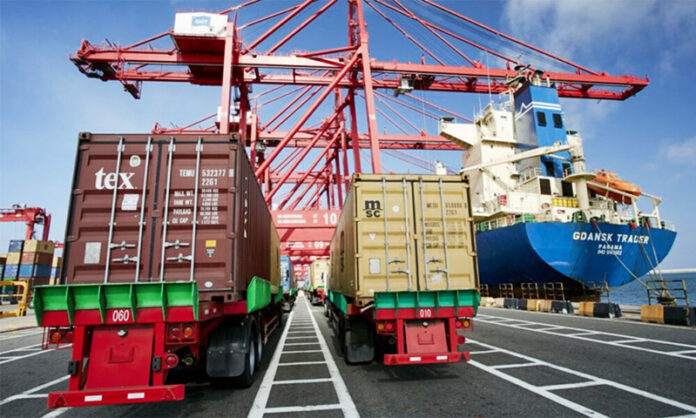By: Staff Writer
July 15, Colombo (LNW): In a scandal that threatens to shake public trust in Sri Lanka’s border control systems, Sri Lanka Customs has come under intense scrutiny over the controversial release of 323 shipping containers between July 2024 and January 2025—without adequate inspection.
The Criminal Investigation Department (CID) has launched an ongoing investigation, with Customs now cooperating by providing evidence and initiating a post-clearance audit.
Customs Spokesperson and Additional Director General Seevali Arukgoda confirmed that a comprehensive audit is underway. “We’ve provided all support and evidence required by the CID,” he said, emphasizing that post-clearance audits are a standard part of global trade facilitation.
Arukgoda explained that due to the impracticality of physically checking every shipment, Customs relies on risk management and audits conducted after clearance. “Every consignment, whether examined or not prior to release, is subject to post-audit,” he noted.
However, this justification is being sharply questioned following revelations from a committee report which uncovered that 999 high-risk containers were released on 13 separate occasions—without any physical inspection.
This deviation from standard protocol, reportedly done to reduce port congestion, has potentially exposed the country to severe national security threats, health risks, and substantial revenue losses.
More disturbingly, the committee flagged concerns that some containers might have carried dangerous items, including narcotics or weapons.
The report has strongly criticized the Director General of Customs for overstepping legal boundaries and authorizing the releases outside the framework of the Customs Ordinance.
The gravity of the findings has prompted several urgent recommendations:Immediate discontinuation of the current container clearance method used by the internal committee
A full-scale post-clearance audit to calculate the extent of revenue loss
A forensic audit on all 999 containers cleared under the disputed system
Deployment of Artificial Intelligence (AI) for smarter container scanning
Improved data-sharing systems between importers and Customs for better transparency
Despite these serious concerns, Customs has yet to receive the final committee report, and thus has refrained from commenting on its recommendations. But the silence only deepens the sense of urgency for accountability and reform.
This episode is not just a failure of administrative protocol—it is a clear breach of public trust. With national security, public health, and state coffers potentially compromised, swift legal and disciplinary action against wrongdoers is imperative. Anything less would send a dangerous message that corruption and negligence can go unchecked at the highest levels of border enforcement.
The scandal serves as a wake-up call for the government: systems must be modernized, oversight must be strengthened, and most importantly, those responsible—whether by action or inaction—must face the full force of the law.
